Today, I’d like to post this piece from someone I greatly admire, Julia Robb. She’s a really good writer; she has that indefinable thing called ‘voice.’
But just let me say from the outset: I don’t agree with what Julia says here.
I’m not saying I’m right; I’m just saying I don’t agree, but I still think what she says is vitally important - and anyway, Julia and I have disagreed before and that’s never done either of us any harm.
She talks here about a dilemma that troubles most writers at some time or other and we all have to come up with our own answers.
So think about what she’s saying: what is your position on this?
Do we stay with one genre - because that’s what sells - or do we follow our own creative heart?
Julia: “I’m publishing Saint of the Burning Heart on Amazon next week while kicking wise input by other authors, mentors and marketing folks down the road.
I’ve been told to market Saint of the Burning Heart as an historical novel because my first book is an historical novel.
Scalp Mountain, published last February, is set in 1876, on the Texas frontier.
Readers demand the same kind of book over and over, with a little twist here, a little twist there, mentors say.
Readers want a mystery, a thriller, a romance, a fantasy, a paranormal, something…as long as it sounds exactly like the last novel they read.
So make them think that’s what they’re getting.
Stay in the same genre or sink on Amazon never to be heard from again.
Forget originality and honesty.
Authors tend to listen to anybody who thinks they know anything as about 700,000 novels are now available on Amazon, for Kindle, and more writers are posting their books every day.
Publishing your own book is like raining into the ocean and hoping someone notices fresh water.
Even authors published by a traditional company have a hard time because bookstore traffic has plunged and bookstores are closing all over the nation.
Moreover, many best-selling authors have already mastered the technique of writing echoes and that crowds out the rest of us.
Isn’t there a sameness to James Patterson, to Mary Higgins Clark, to Tom Clancy, among many others?
But I didn’t want to write the same novel again, or even pretend it’s the same kind of novel.
Saint is mainstream fiction about a woman who will not accept the end of a love affair with her adopted uncle.
To some extent, calling Saint an historical novel would be correct, as it’s set in the midst of a racial power struggle that really took place in West Texas.
Towns like Carrizo Springs, Cotulla and Crystal City are famous for holding local elections which tipped the balance of power between the two races.
Before the 1960s, many Texans scorned Hispanics as “Mexican,” the inferior race.
Local elections helped change the state’s racial climate.
But it was never my intention, in Saint, to explain events that happened fifty years ago, but to explore what obsessive love and obsessive hate do to people; to show and tell how racial prejudice warps into self-hatred.
I wanted to talk about one woman’s courageous fight to make a man admit he loves her.
I could be wrong about everything.
Maybe I should call Saint an historical novel and the heck with it.
I wrote a reviewer and asked her to take on Saint.
I told her a little about the book.
She wrote back: “Unfortunately this isn’t a genre I would read. I am into modern, NA, YA or erotic romance.”
What’s NA?
Finally, all this has made me question why we writers actually write.
Is it for money, is it for fame, is it for the glory of seeing our book in The New York Times book review?
Yeah, all that.
I’ll stick with my imagination, I’ll call Saint mainstream fiction, and James Patterson can have the sales.”
That’s Julia’s impassioned argument and she puts it well. So what do you think - do you stick with one genre - or write what you feel?
You can read more about SAINT OF THE BURNING HEART right here.
Julia has a unique voice. Take a look for yourself; you can read an excerpt from ‘Scalp Mountain’ here at Venture Galleries.
Also find Julia here on Facebook.
And if you enjoy my blog, why not sign up for the monthly newsletter right here.


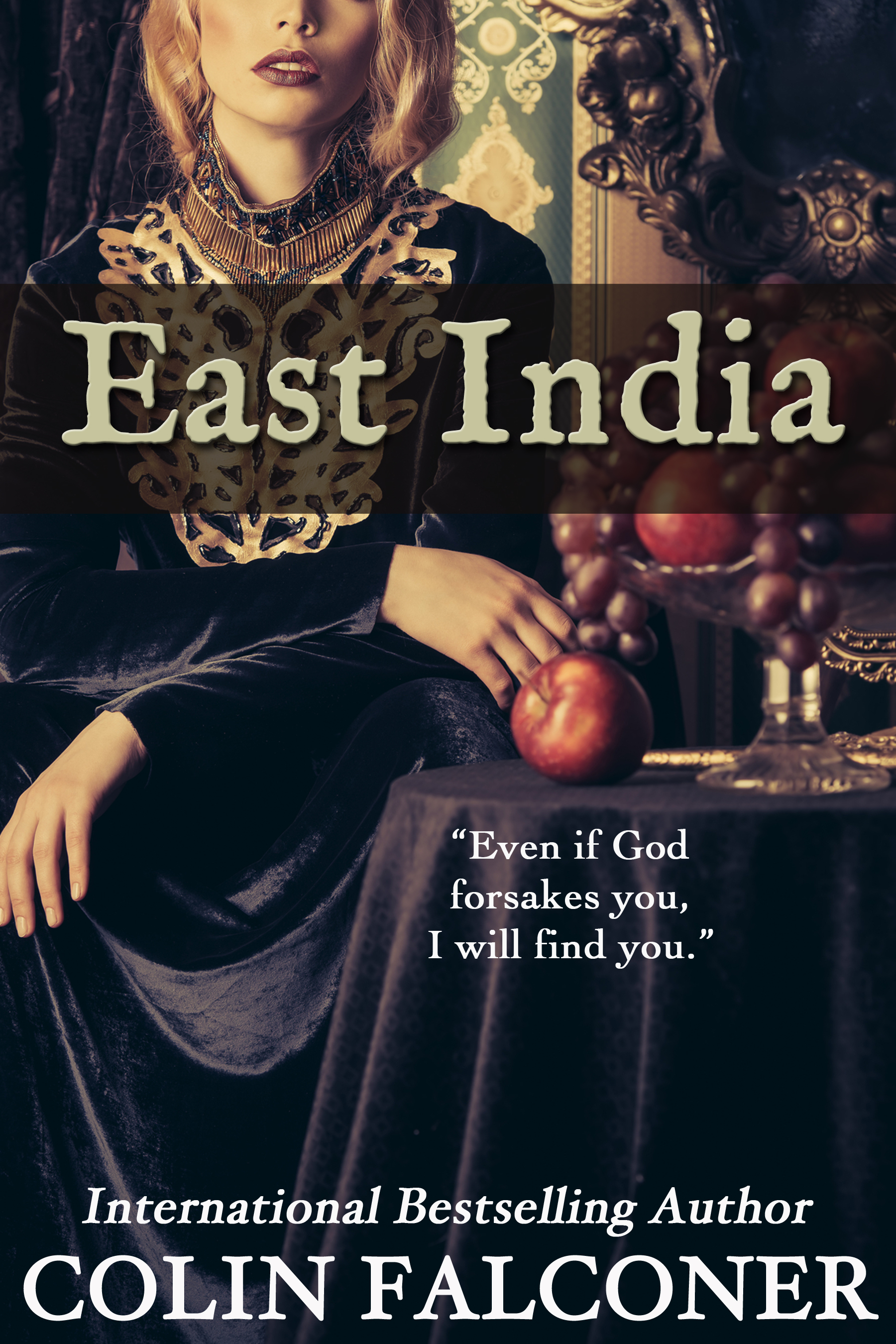
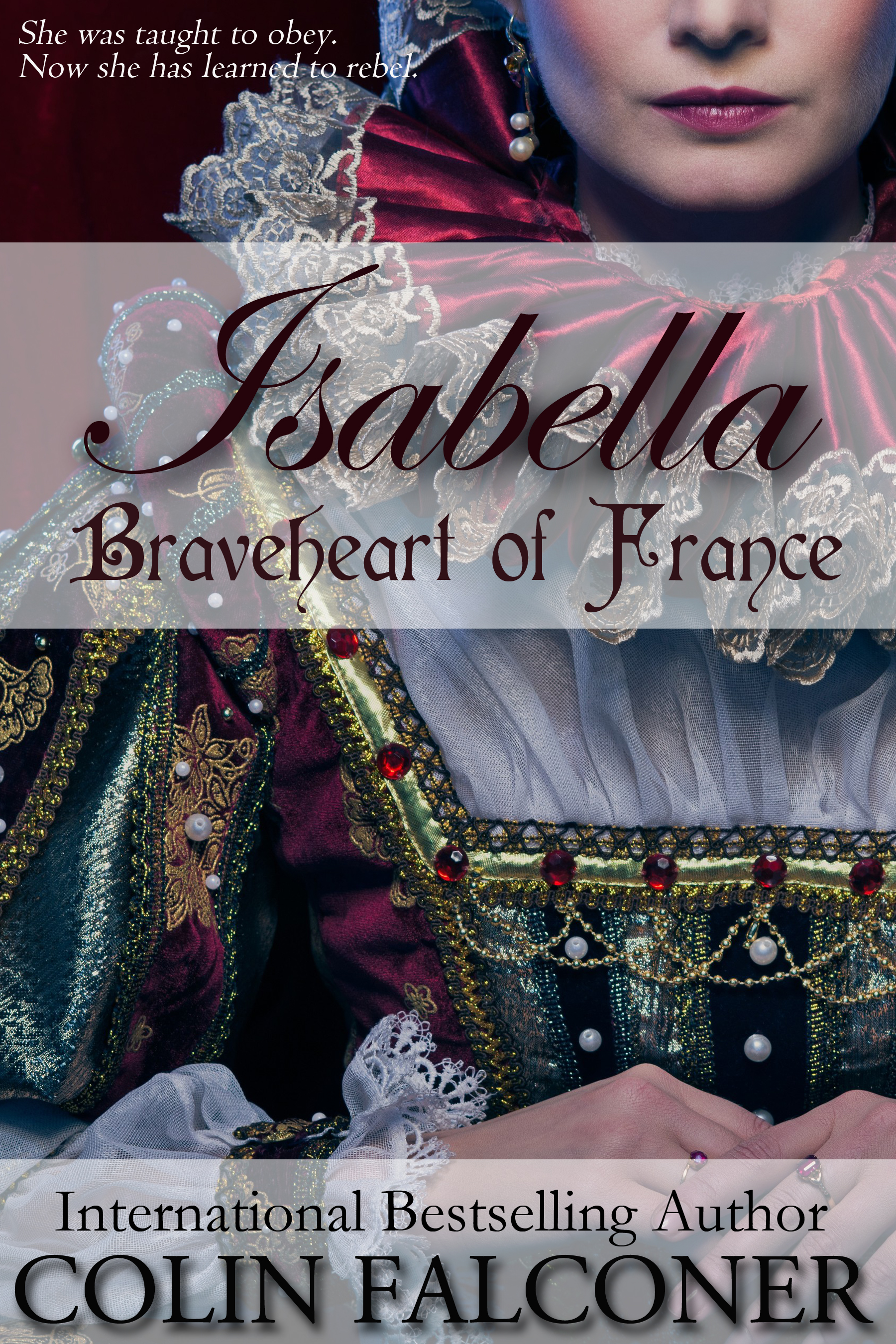
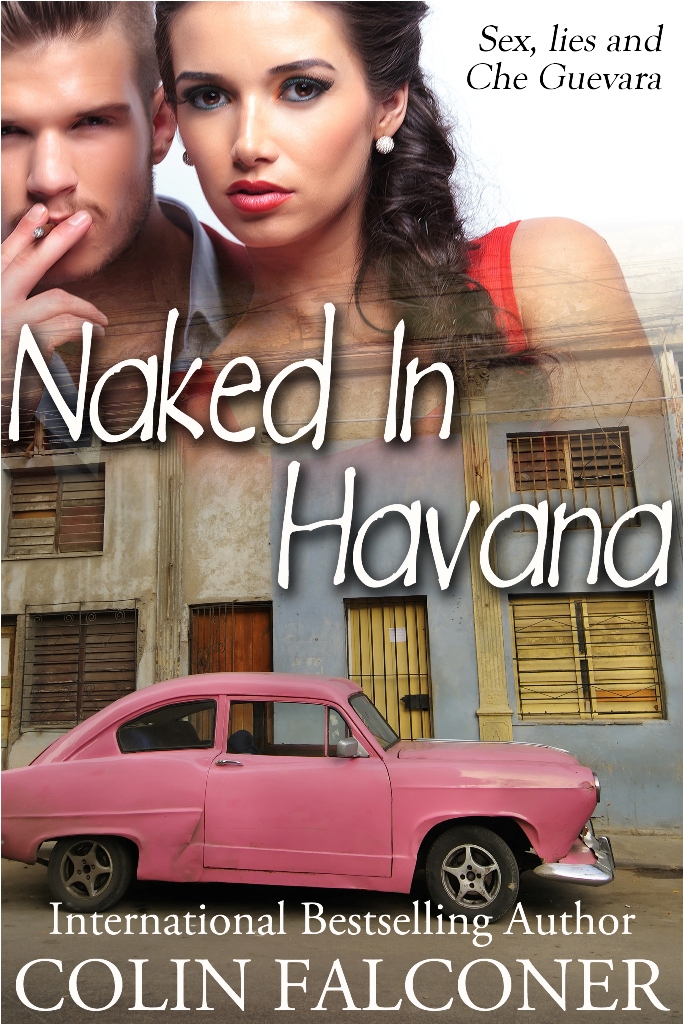
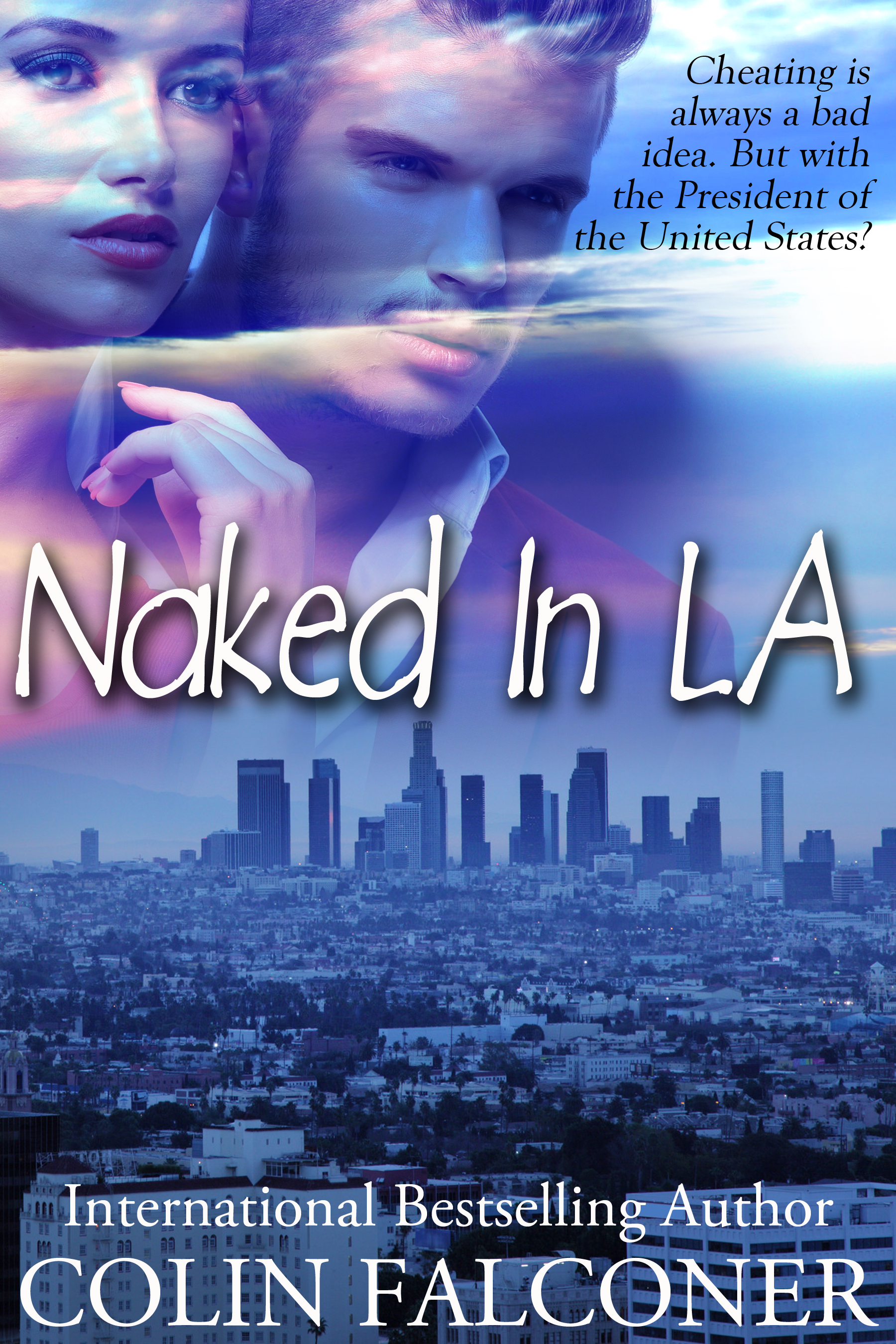
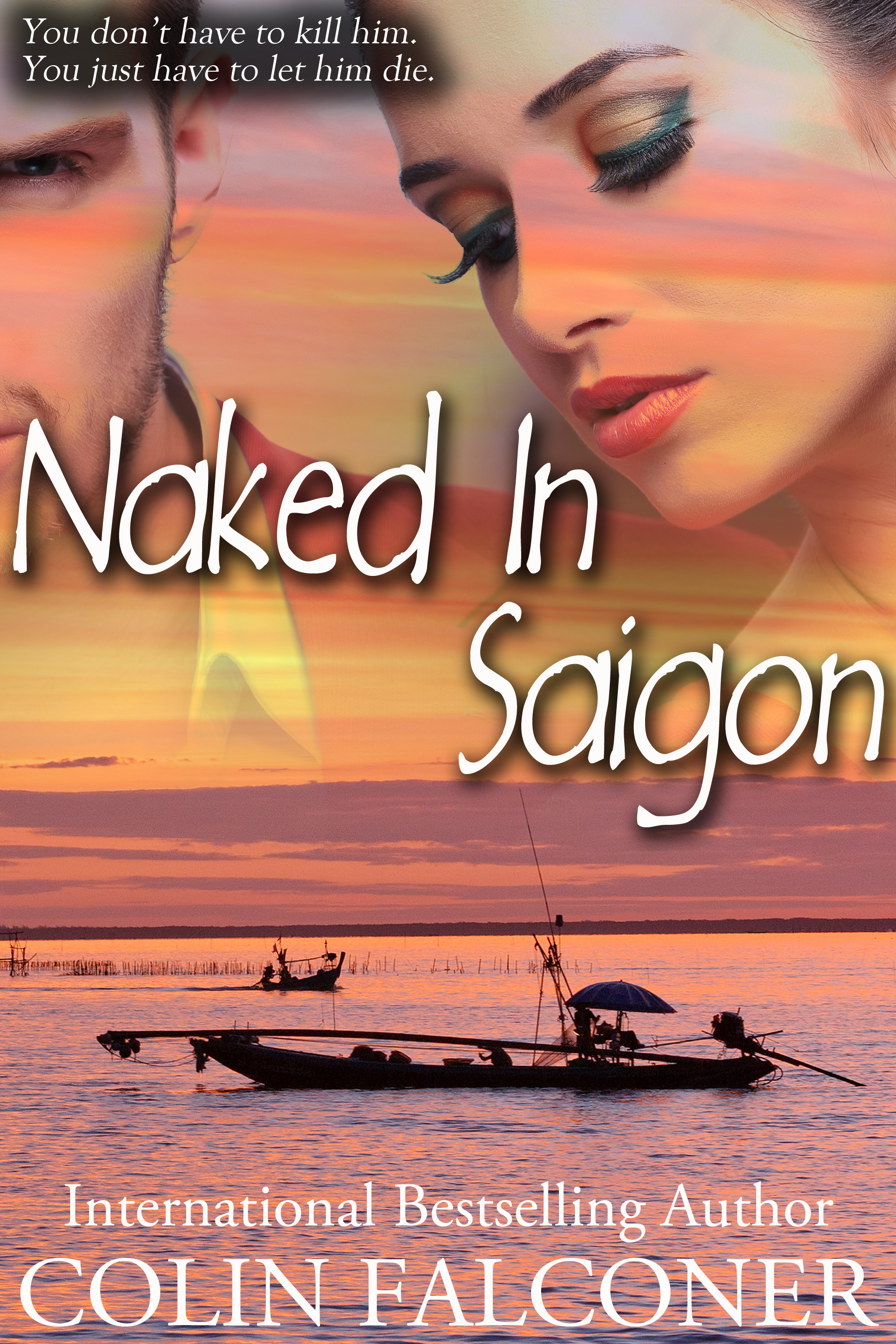
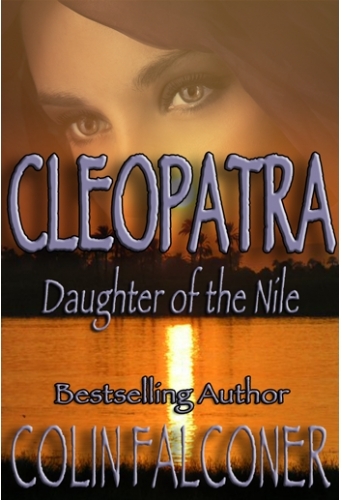
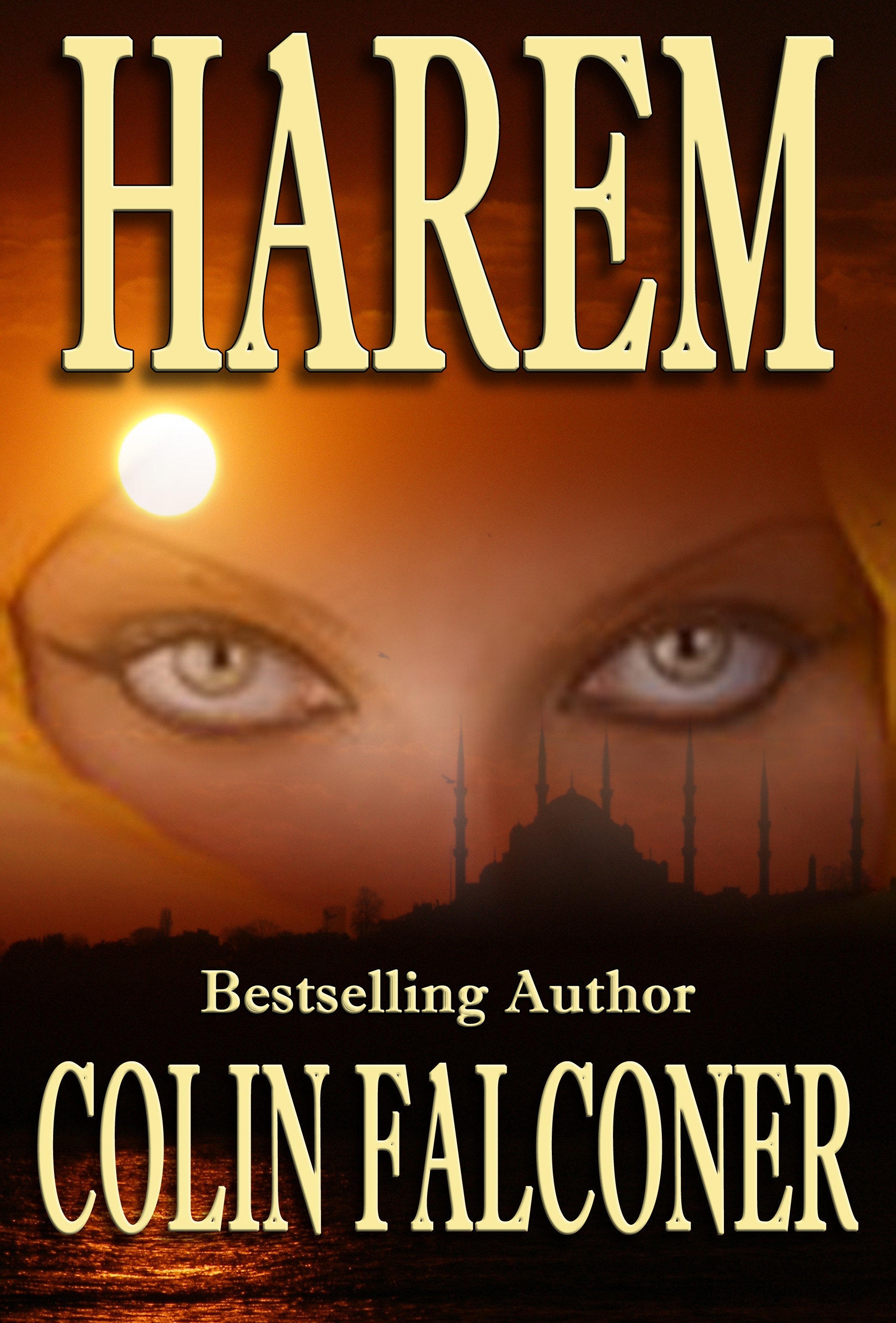
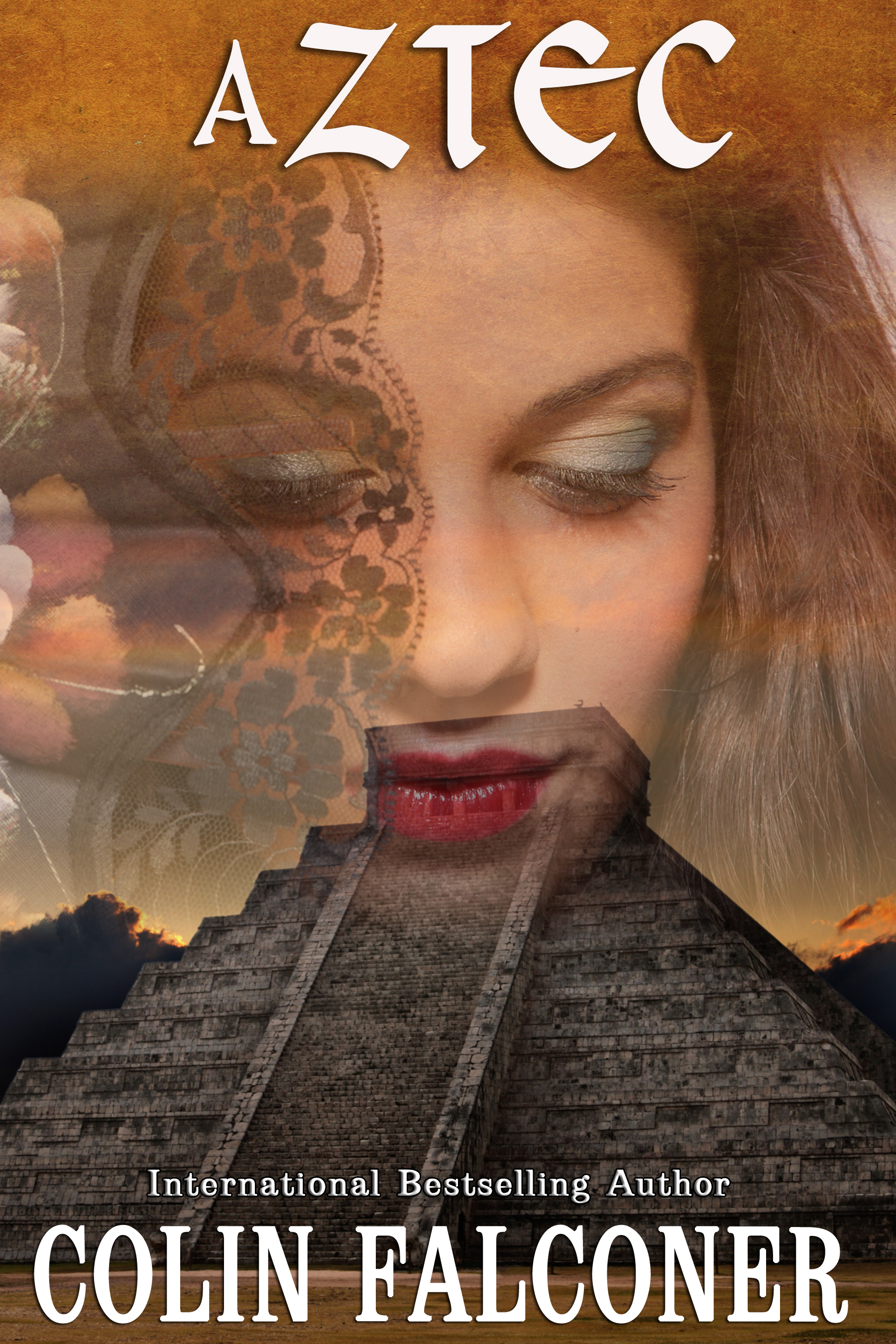
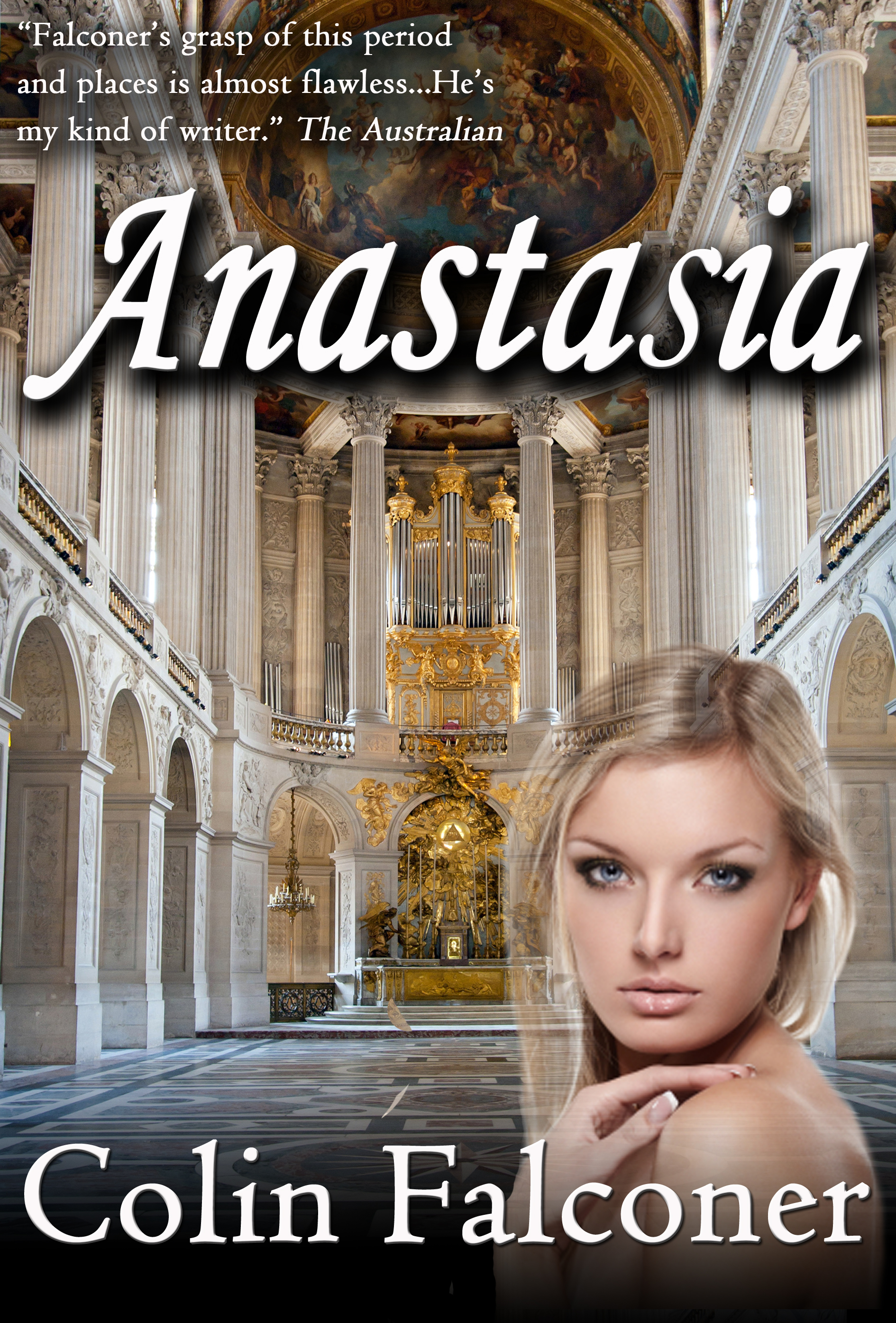
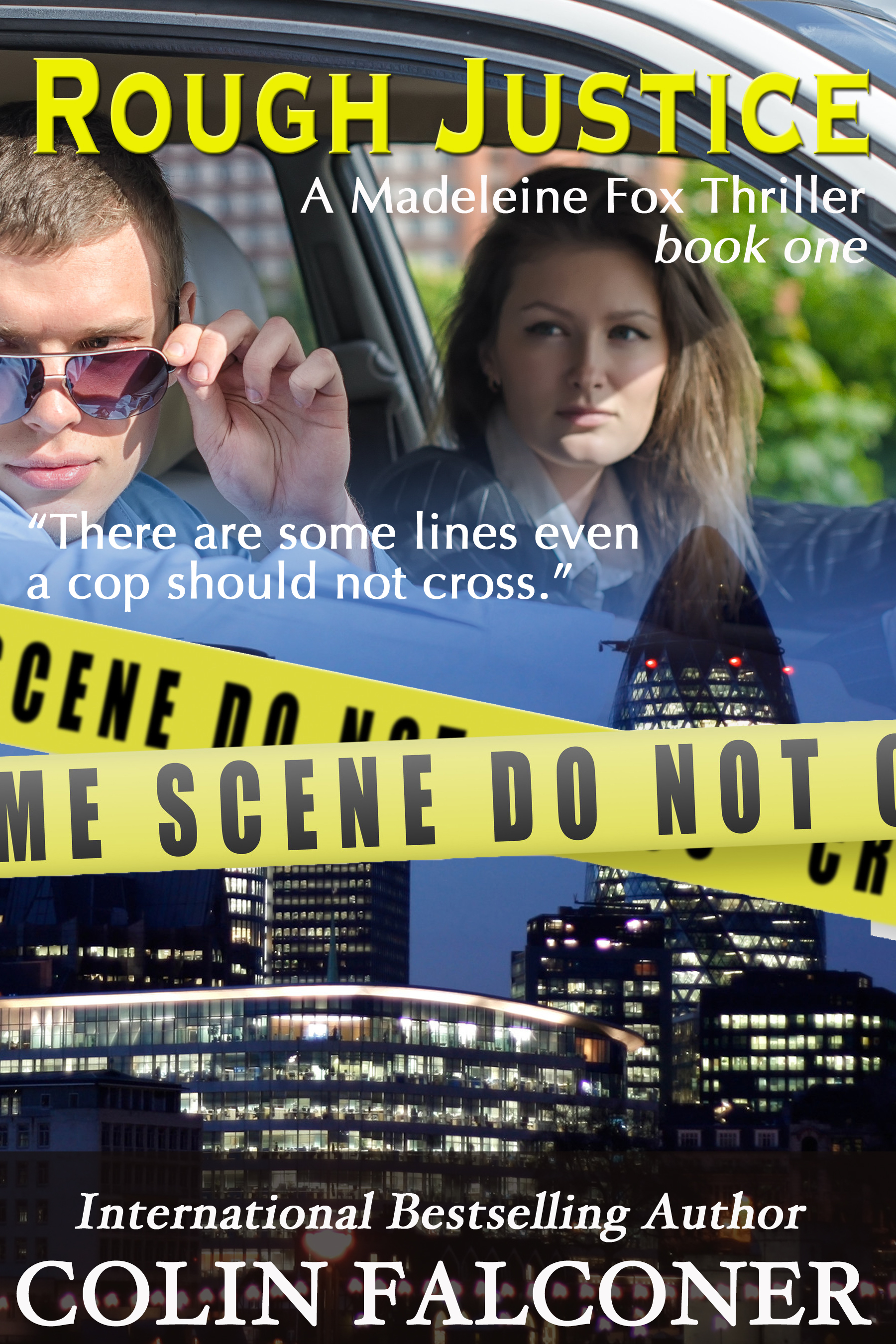
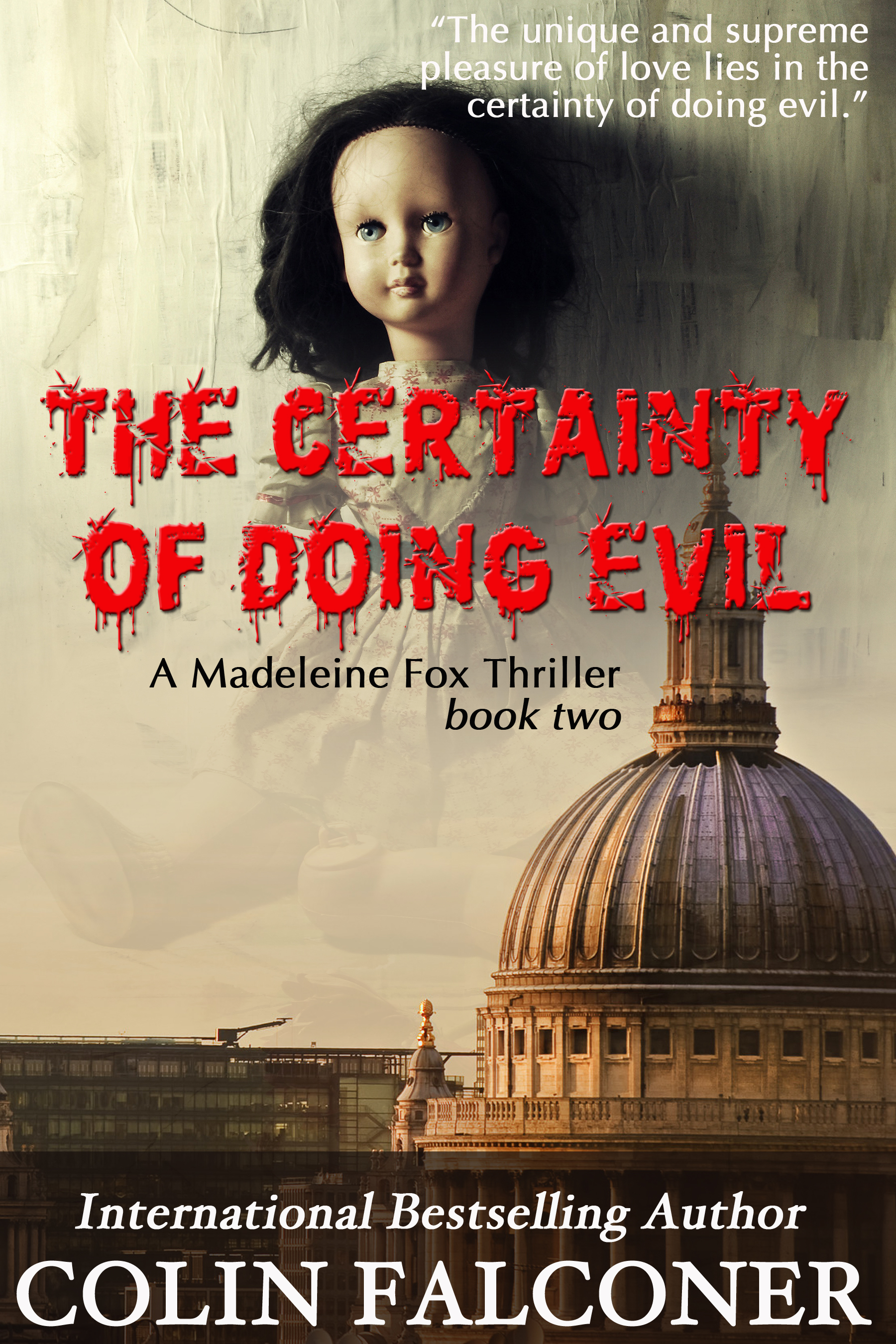
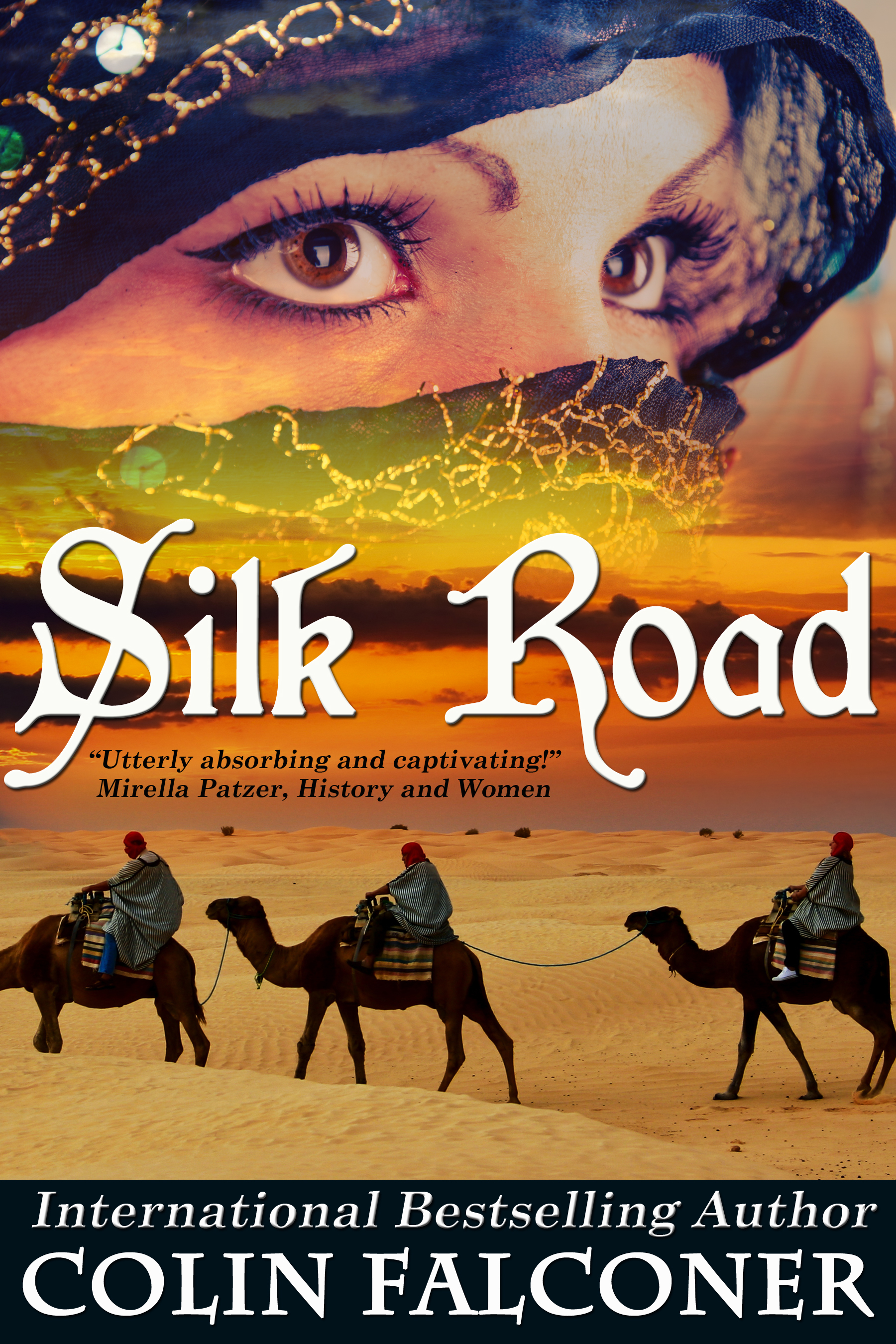
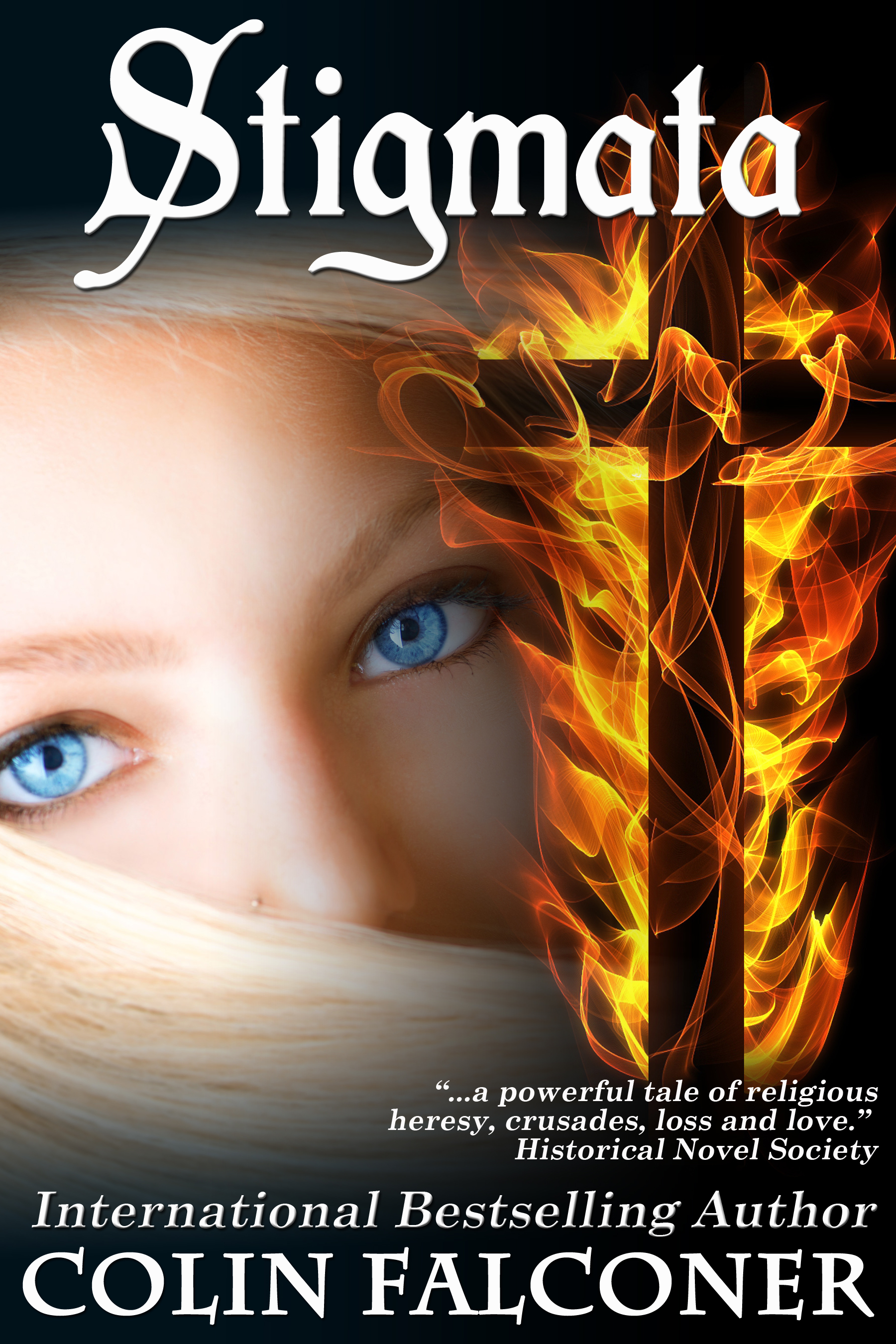
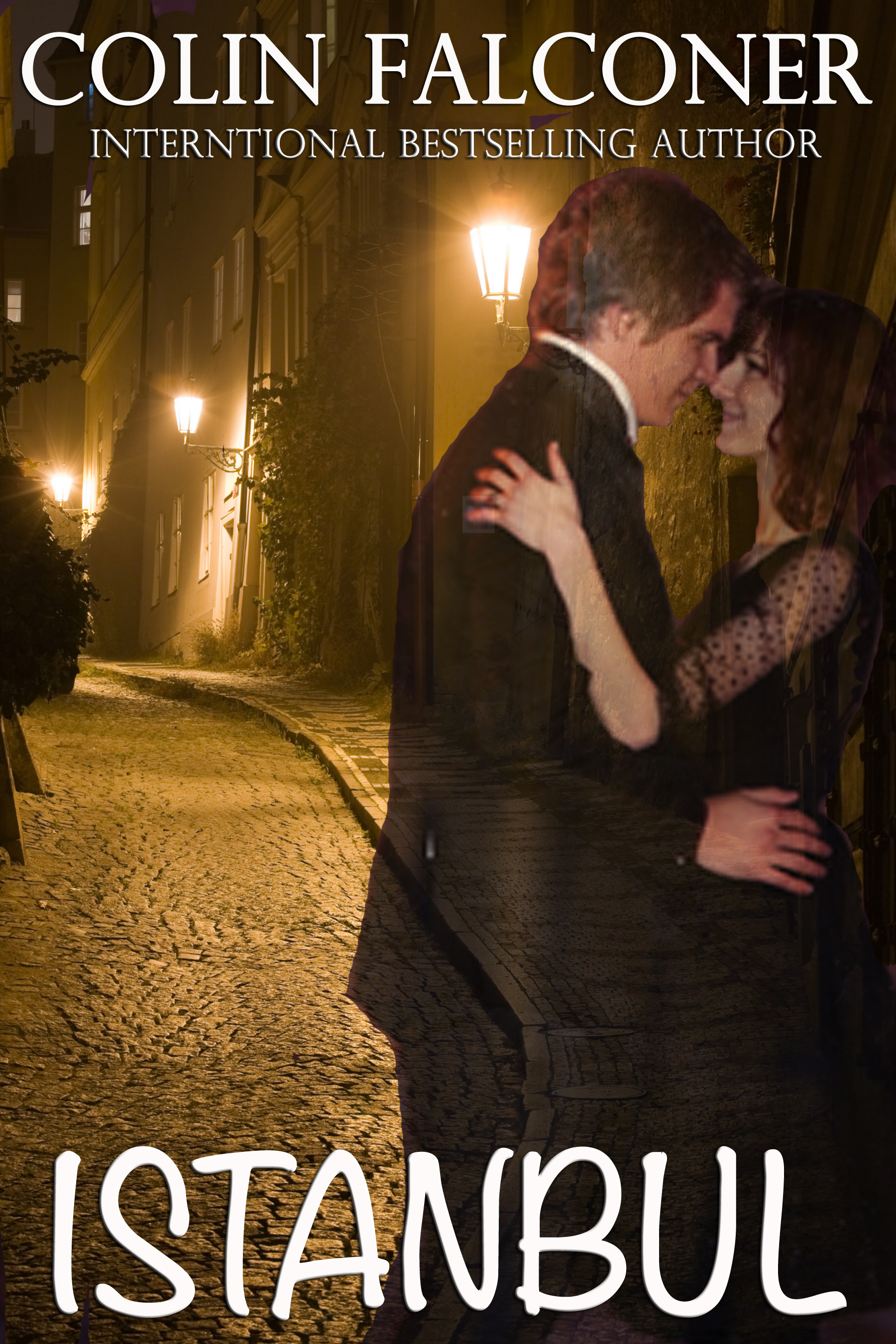

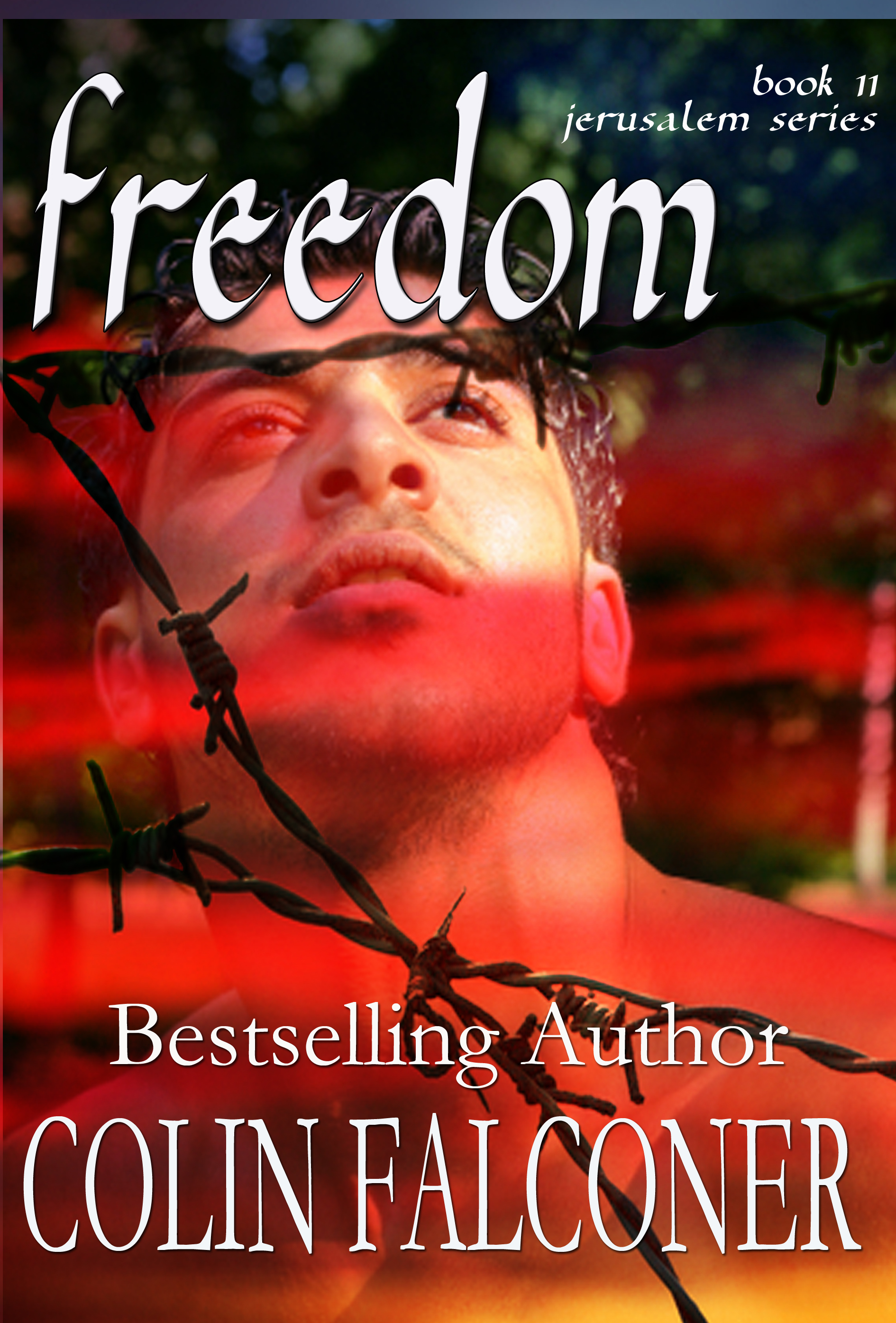


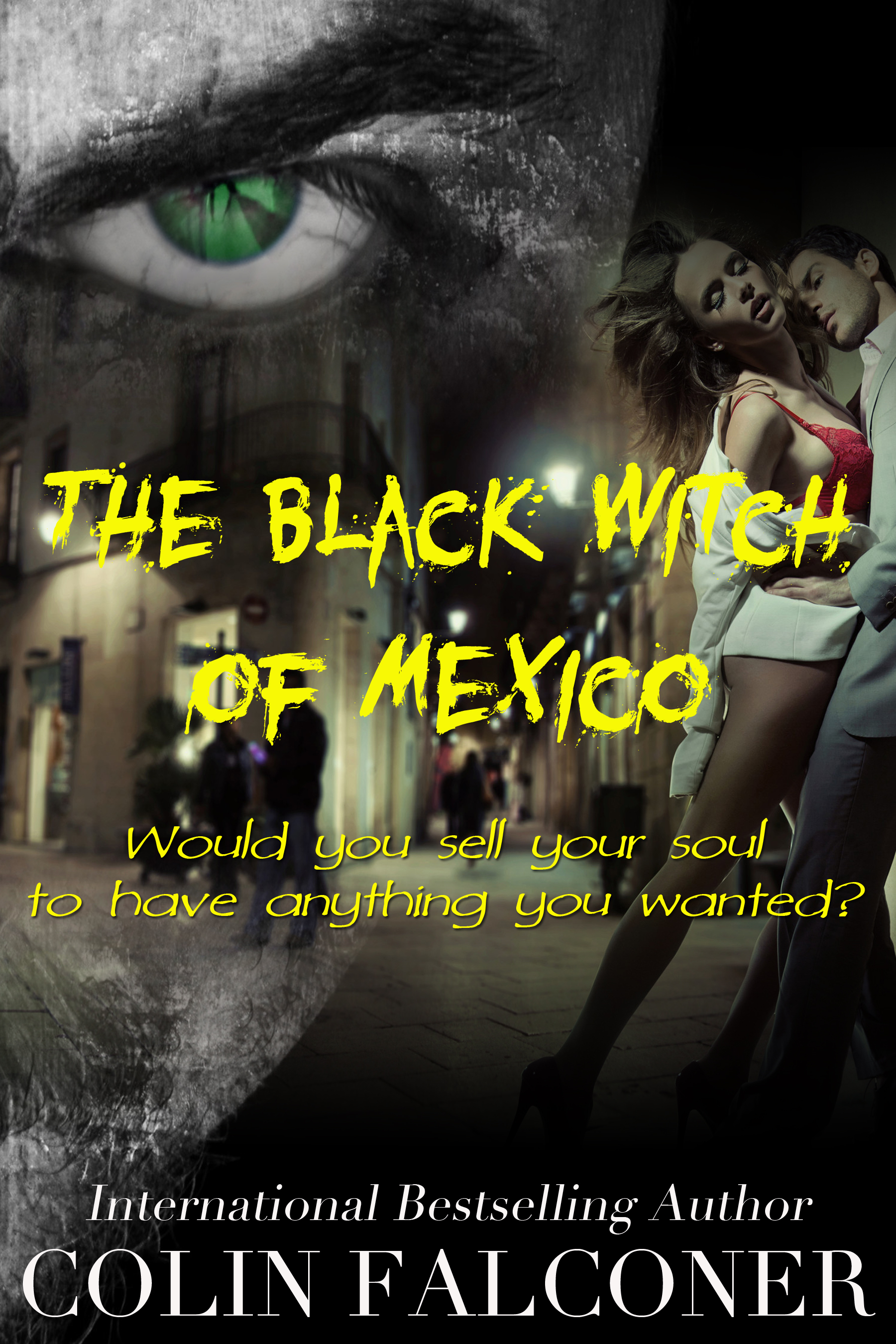

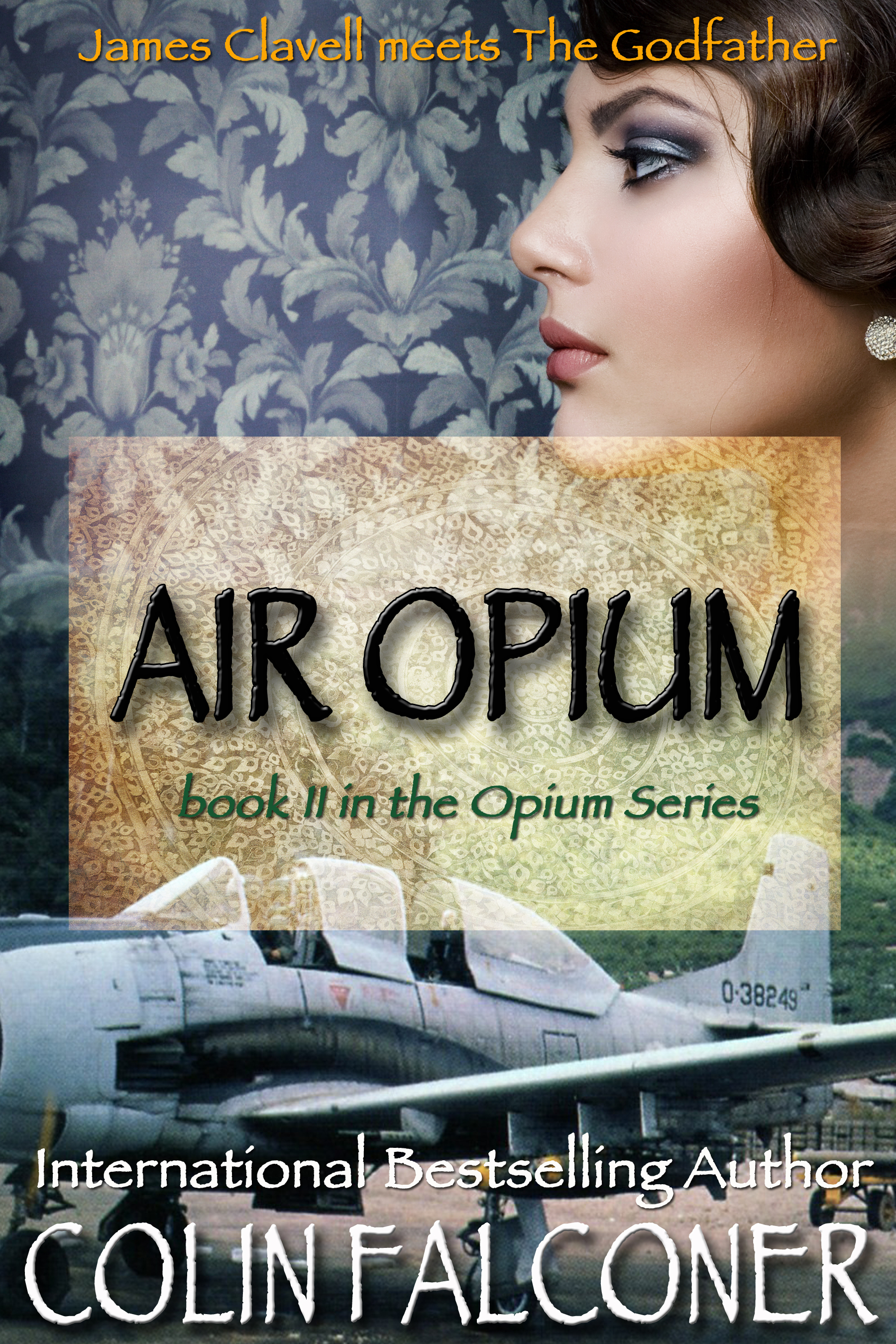
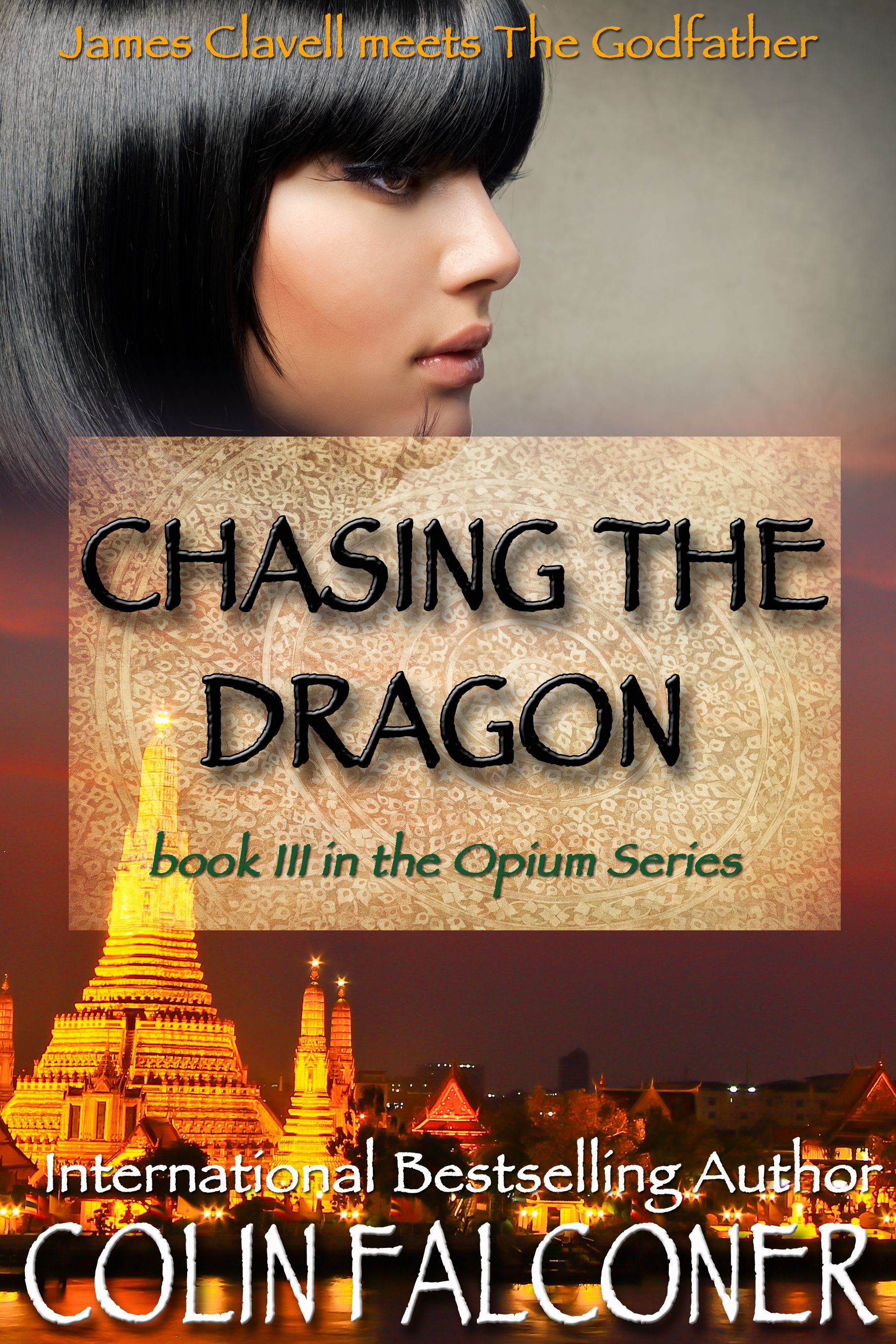
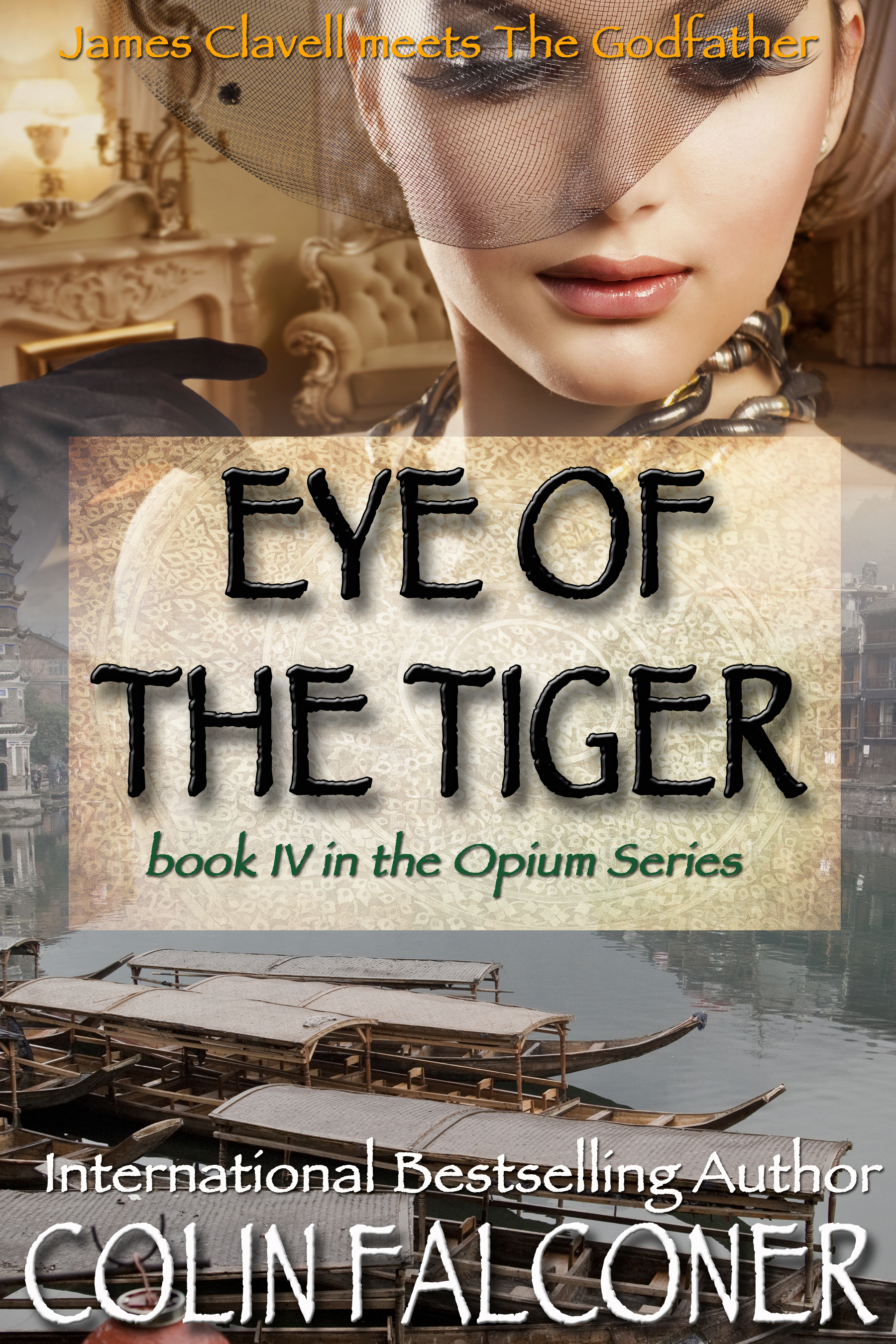
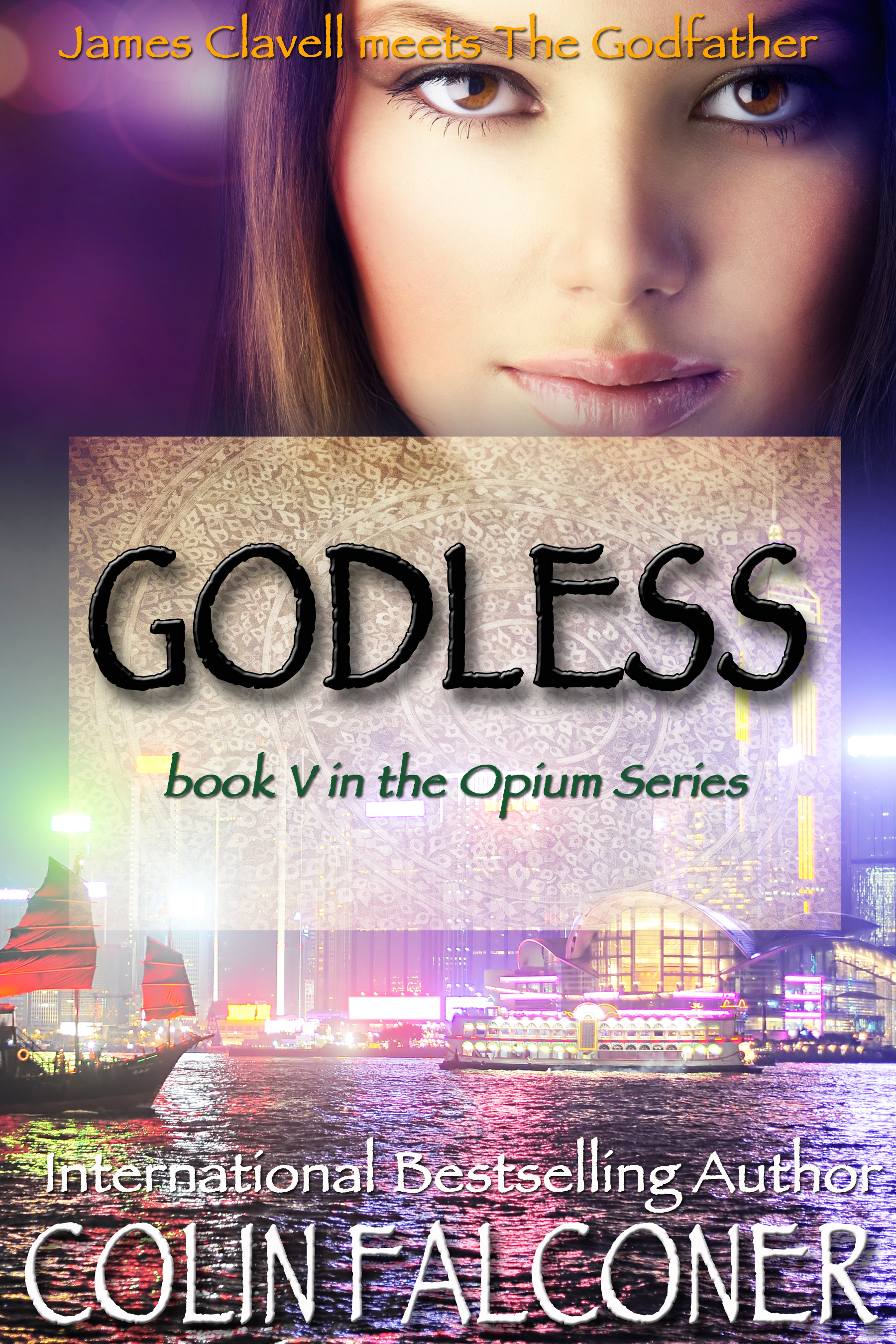
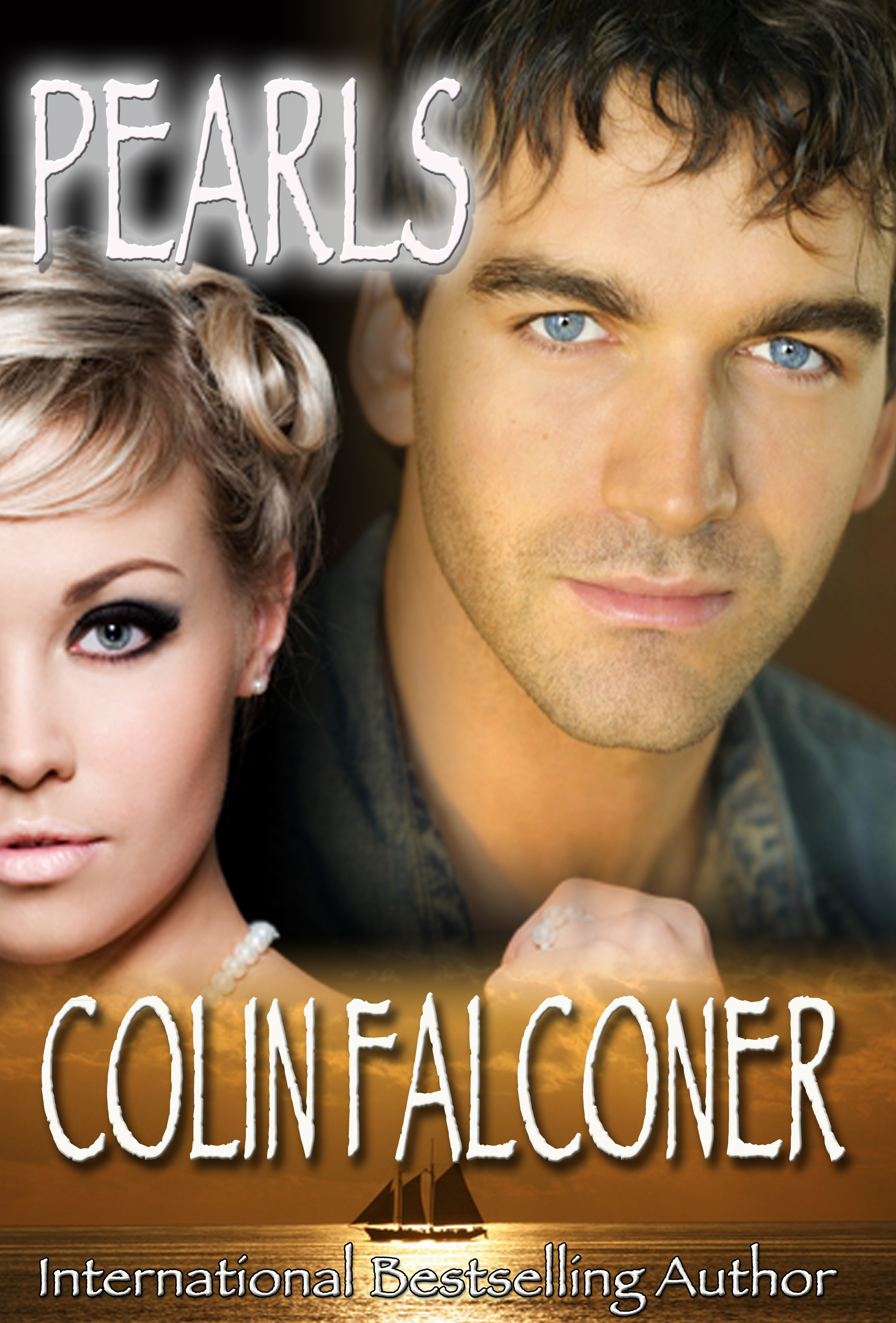

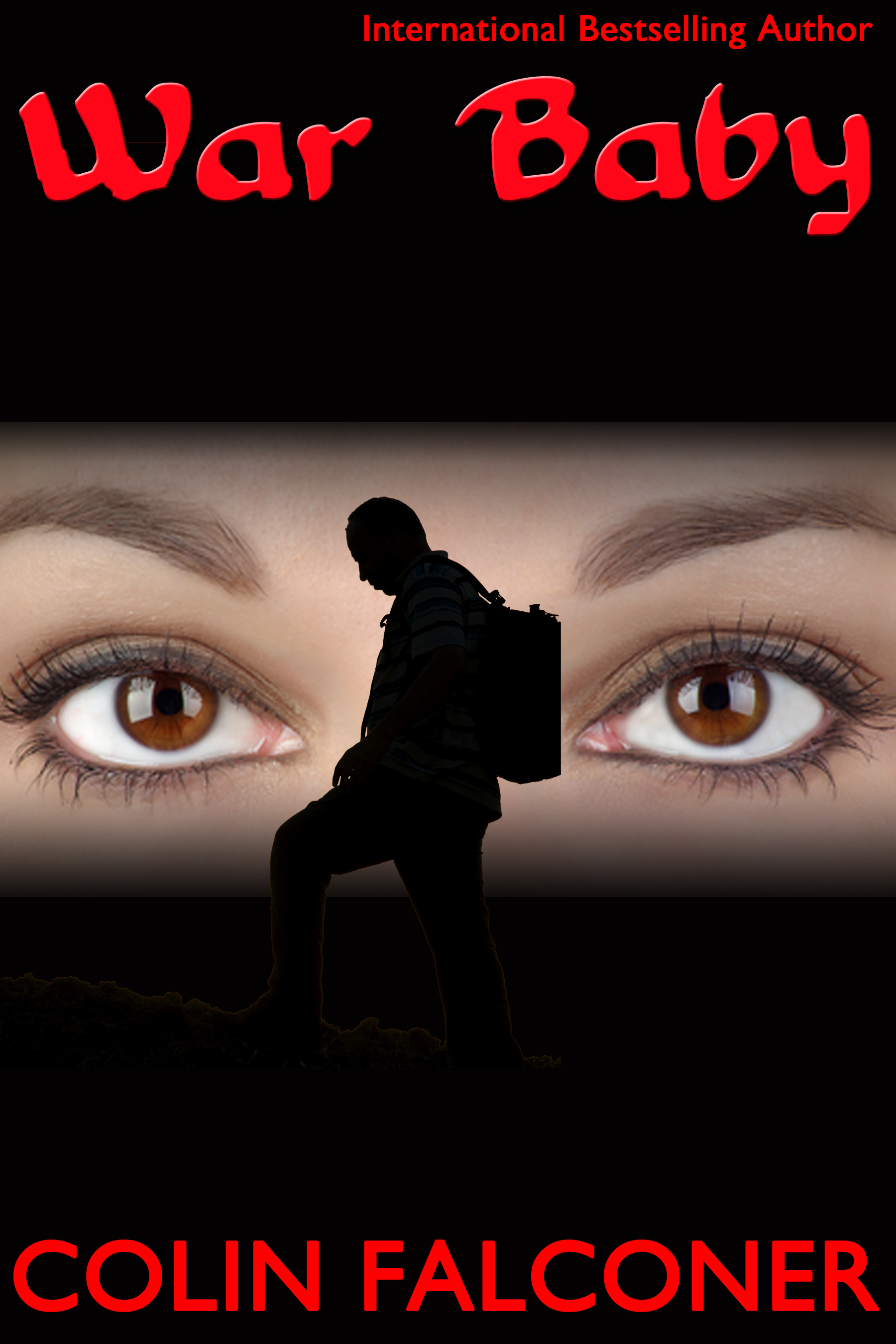
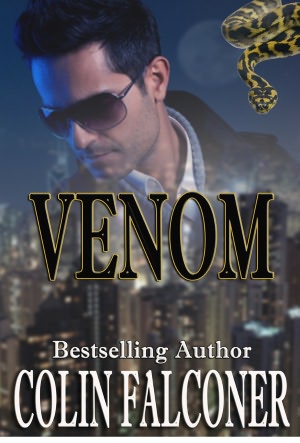
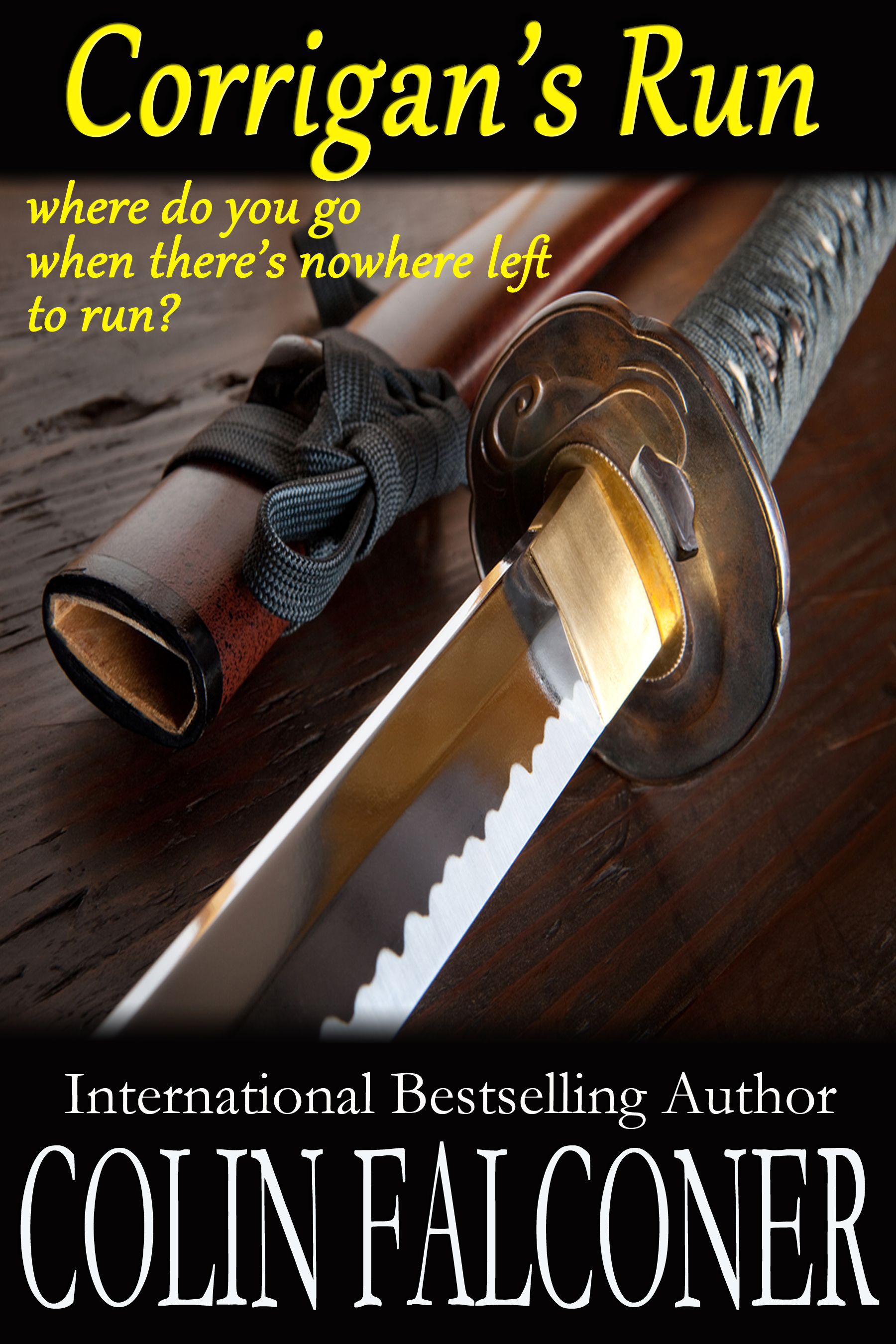
Hi Colin, this is a tough one alright, but I personally write in three different genres. some of my followers read everything I write, but mostly they look forwards to their favorites.. It’s a tough call though. I guess I write what I like and just hope the world agrees with me.
Thanks Prudence. I’m glad everyone’s having their say on this. It is, as you say, a tough call.
I’ve only published one novel so far - and one of the things my readers have enjoyed about it is that, while it can be classified as a mystery, it has the feel of more than one genre. I’m working on a follow up to that novel, but I am also writing a YA book. I’m all about writing what I feel like writing. Write well. Readers will read.
Yes, if you want to be a NYTBS or sell a billion books, there are strategies. But I write for the love of it, so I don’t feel the need to stick to “rules” like writing within the same genre all the time.
Thanks Amber! And I hope Julia will comment on this too - I’m sure she’s right with you on this.
Colin, you always bring the tough questions, don’t you? I have to say, I’m with Prudence on this one. I write what I like to read, which is a little of everything, and I hope others will like it as well. My first novel is a dark urban fantasy, but the second (the one I’m laying the foundation for now) is a dark paranormal thriller. Although they both have paranormal elements, the first really focuses on that aspect with the main character trying to find herself and her purpose. But the second one focuses on the human nature of a mother who has lost her daughter. The paranormal elements on that one are just spices for the main course, so to speak.
I have to say, I’m with Prudence on this one. I write what I like to read, which is a little of everything, and I hope others will like it as well. My first novel is a dark urban fantasy, but the second (the one I’m laying the foundation for now) is a dark paranormal thriller. Although they both have paranormal elements, the first really focuses on that aspect with the main character trying to find herself and her purpose. But the second one focuses on the human nature of a mother who has lost her daughter. The paranormal elements on that one are just spices for the main course, so to speak.
Similar yet different. I also have a dystopian YA I’m tinkering which has gotten some good feedback when I’ve presented the concept to others.
I’m a new author, so I guess it could stand to reason that maybe I haven’t found my “true” genre yet but knowing the various kernel story ideas I have in my notebook, I don’t see that as the case. I really believe that many readers will cross genres if they identify with the story in some way. Something about a character’s journey in a particular historical romance may touch their soul but at the same time, the action and suspense of a thriller may keep them up late at night.
In the end, readers are people. They all have different likes and dislikes, different needs and wants. We don’t have to limit ourselves to fulfill just one, do we?
Thanks for the thought provoking post!
Thank you for your comment and for your thank you’s, Jennifer - but I think Julia gets the credit for this one. And if you read her Scalp Mountain the same passion shines through in that, too.
I always thought I’d be strictly a fantasy writer, but as it turned out my first book is more of a historical (it gets classed as historical fantasy as it has an Arthurian angle, but there is no magic at all and the archaeology is real).The next one due out this summer is YA dystopian fantasy set in relatively modern times (the 70’s), when all my other books and short stories have been quasi-medieval or prehistoric. I’m planning a classic high fantasy as well.
I don’t think I’ll be writing books in wildly different genres-certainly not techy SF, modern day romance, or tightly plotted crime, but anything with a slightly historical or fantasy bent could be fair game!
Hmm, great post, Mr Falconer.
Julia - NA is New Adult the next step up from YA Young Adult and they (usually) have more intimate scenes/drug/alcohol in them. It’s something authors have dreamed up as a niche genre where they can stand out from the crowd.
Colin, I’m with Julia and I’ll tell you why. I want to write what I want to read and cannot find. One of the things that sets Independent authors apart is that we are in absolute control of the story we want to tell. In the first three books of The Ludlow Hall series, each story is completely different because I deliberately did not stick to a formula. Okay, they’re contemporary romances and my story must reach a reader’s expectation of the genre - the moment when two people fall madly love and it must have a proper ending - but with me readers are never quite sure what they’re going to get and I like that. It’s what I want to see from authors, surprise me! But with the series, in many ways I was experimenting, digging down deep into my characters emotionally valid conflicts. By doing that with different twists in each character’s personalities I manage to surprise the reader, make them laugh and cry. Trust me, surprising a voracious reader of contemporary romances is not easy. Book two dealt with the loss of a beloved husband and longed for baby and a woman’s guilt on moving on two years later when she meets a man who’s decided she’s the one for him. Not a particularly light read and not what readers were expecting after book one. I write fast paced, sexy stories. Although I don’t write erotic romance, the sex scenes are pretty true to life and readers enjoy them, again because they’re valid and not slid into to titillate the reader. Humour is a key factor in every single one, so bringing humour into book two was a challenge. With the third book I dealt with a secondary character’s story from book one readers had been screaming for. However, again I wanted to surprise the reader, this time to stretch their patience with a character they loved. Risky. But it worked, as can be seen by the reviews. Going forward, in the next four books, I’ll be dealing quite brutally with domestic abuse, cancer and forgiveness.
What I’m trying to say is that although they’re a fun, fast and sexy read, readers are never quite certain what they’re going to get and I like that and so do they. Something else they like is reading how the character’s from book one’s marriage is progressing and I deal with that in every single book. The challenges those characters have still have a large part to play in the series. I’ve always wondered about past characters in a series and most authors sort of gloss over them, but I’ve always wanted a lot more so the characters from book one play a key roll in every single story, as do others. However, it is absolutely crucial to make sure that the couple who are eventually falling hard for each other have the starring role in their own book. Reader feedback about how I’m handling all this has been amazing. I’m writing something they’ve never seen before in contemporary romance, so there you go.
I think Julie should go for it, surprise her readers but also meet their expectations. Not easy. But then nothing in life ever is.
And I won’t start on my paranormal vampire series where I’m destroying the world or I’d be here all day. Not quite what my contemporary readers are expecting, but cross over readers are having a blast. So you see, I’m never going to be shoe-horned into a box. I say write what you want to read but can’t find and have a blast while you do it.
Good Luck, Julia. And you too Colin!
Well as I said CC - I was just honoured to host the post - all credit to Julia. And thank you for your post too! I’m rapt you commented so extensively on this. This is great what you’ve written here. Thank you!
I think we all write what we want to read, and hope others will agree. Why else would you write instead of doing easy stuff like alligator wrestling? And there are plenty of self-published writers out there who sell their books for 99 cents or whatever and some even have a fandom online. But mainstream publishers are running a business which will collapse if they make the wrong decisions, unlike the self published writers who no longer have to worry about having thousands of books cluttering up their floors if they get it wrong, and can take risks. And sometimes they can’t cope with a book that falls between stools, because they have to market it as something, and the bookshops have to put it somewhere. Some time I’ll tell you more about my children’s non fiction book about crime that gets borrowed non stop in the library but which hasn’t earned back its advance because bookshops never knew where to put it! If you could have sold it as historical fiction, Julia, you should have. GOOD historical fiction is about people, no matter what the era. You do have to make sure that they don’t act anachronistically, but I’m betting you know that already.
And there are plenty of self-published writers out there who sell their books for 99 cents or whatever and some even have a fandom online. But mainstream publishers are running a business which will collapse if they make the wrong decisions, unlike the self published writers who no longer have to worry about having thousands of books cluttering up their floors if they get it wrong, and can take risks. And sometimes they can’t cope with a book that falls between stools, because they have to market it as something, and the bookshops have to put it somewhere. Some time I’ll tell you more about my children’s non fiction book about crime that gets borrowed non stop in the library but which hasn’t earned back its advance because bookshops never knew where to put it! If you could have sold it as historical fiction, Julia, you should have. GOOD historical fiction is about people, no matter what the era. You do have to make sure that they don’t act anachronistically, but I’m betting you know that already.
But it seems to me, your main complaint was that you couldn’t get a particular reviewer interested. Find one who is. That’s what research is for. Find one who is interested and who has followers who might also be interested in the kind of book you’ve written. As a reviewer I have stopped replying to inquiries from people who didn’t bother to check my guidelines or take a look around my blog to find out what I am reviewing.
Personally, I will have a go at writing whatever someone will pay me to write, as long as it’s not racist or sexist. I prefer fantasy and children’s or YA books, but a contract is a contract.
I don’t read only one genre, so why would I limit myself to writing only one genre? However, that said, I do tend to write only in the genres that I enjoy reading. Like the reviewer that Julia mentioned, my list of preferred genres contains only about 6 genres. But I love them, and I enjoy them all equally. So yes, I write in all 6 of them.
I guess I am lucky - I don’t have this issue at all. I write one genre, because that’s exactly what I feel. I do enjoy reading outside my genre, but every time I return to it, I am reminded why - home is where the heart is. It is far and away what I prefer to read, and I have no interest in writing anything else. I don’t think I have written anything else since high school - in fact, even then, when my English teachers would try to find ways to force me to write something different, I’d find ways not to. I wouldn’t even know where to start in another genre, and with at least a dozen novel ideas in my genre, I’ve enough to keep me busy for a long time.
I guess that’s what I’m interested in, Ciara - reading habits rather than writing habits. Maybe indie publishing is changing that - or maybe it isn’t. I think it’s unexplored.
Write what you feel. A good book will market itself. 1870S and 1960s at both in the past, but I wouldn’t look at “Saint” as historical fiction. When I read historical, it’s for costuming, different idioms, different transportation and different values. I’d say that while the sixties were different, they weren’t different enough to be historical. I’d also say that I love Tom Clancy, and if he write a book in a different genre, I’d at least give it a try. His style interests me as much as his plots.
As far as my writing, i’ve struggled with whether i’m writing a contemporary romance, this new NA (which reminds me of narcotics anonymous what were they thinking), chick lit or something else. I’ve decided to tag it on Amazon as romance because of it’s genre typical happy ending.
Ultimately, I don’t think “write what you feel” is the question. Your personal writing style is the only thing that will make me read your book as opposed to someone else’s. I think the question is “how do we market when we switch genre?” I’d say “the same way we marketed it first. Go where the readers are, be engaging, find reviewers who have reviewed books similar to yours, etc”
Well maybe, Shannon. But I’ve been writing for a living 28 years and a book selling itself hasn’t been my experience. I’ve had a book bomb in the UK because no one would get behind it - and then become a massive best seller in Germany after they spent a few bucks on it - and then it sold in 14 countries. It seems the content wasn’t too bad. I’ve had another book get to number 4 in Australia when I contracted them to an advertising budget - and then languish without sales as an eBook in the US. So I’m not entirely convinced. From what I’ve seen readers are sluggish to follow a writer who does something unexpected - though perhaps indie will change that. I’ve been dropped by publishers for switching genre so it’s a sore point with me. But perhaps indie will change that and I’m open to being persuaded if I see the evidence. But I think there’s some great points of view put forward here - I’m a big fan of Julia and I hope you’re right about the genre thing. I love the Narcotics Anonymous - until Julia brought it up, I’d never heard of it, now that’s all I’ll think of. What did it stand for again?
This issue resonates with me and not in a good way. My first fantasy fiction novel was written for adutls, but was from the POV of animals (so it has to be for kids, right?)… I wanted to be published, my agent loved it, and a children’s/ya book house bought it. In the end, sales were compromised because it really WASN’T a kid’s book and adults passed by thinking that it was. Now I’ve written a psychological thriller with a supernatural twist that my agent felt again, wasn’t specific enough in genre for her to sell. Very frustrating. I self published the first book’s sequel and am now torn on the thriller. Just maddening and so short sighted.
It is frustrating but dealing with genres and perceptions is a hard reality of the publishing business - we have to find ways to work with it, I think.